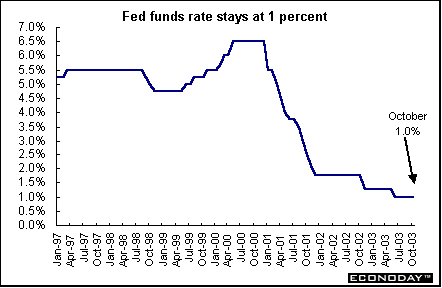

|
The Federal Reserve System, or the "Fed", is the U.S. central bank. The regulation of the banking system, consumer protection laws and the control of monetary policy to this quasi-government institution were mandated by Congress. The Federal Reserve is independent of the Treasury, but is the Treasury Department's personal banker. The President appoints the seven governors (designating a Chair and Vice-chair) to the Board of Governors for 14-year terms, but the Senate must confirm them. The Fed, through a system of 12 district banks, provides services to the commercial banking sector. The district banks regulate and examine commercial banks. The Fed manages monetary policy through the Federal Open Market Committee (FOMC), which is composed of the seven governors and five of the 12 district bank presidents. A distinctive feature of the FOMC is the rotation of the 12 district bank presidents as active voting members of the FOMC. As the European Central Bank ponders what expansion will do to their already sizable policy making executive committee, one of things they are considering is mimicking the Fed's rotation policy. The FOMC meets eight times a year to set the agenda for credit market policy based on economic conditions. In the mid-1980s, the estimation of daily reserve needs and forecasts of M1 and M2 money supply were duties among Fed-watching economists. But since the Fed no longer directly targets monetary aggregates, following economic indicators gained stature instead. And this is especially so since Alan Greenspan, a bonafide card carrying economist was appointed Fed chair.
The Fed had already been lowering its key interest rate, the Fed funds rate, to stimulate sagging economic growth. However, in the aftermath of the September 11 terrorists' attacks, the Fed picked up speed and lowered rates to a record 1.75 percent. It subsequently lowered its key interest rate to 1 percent at its June 2003 meeting. Although growth is recovering, the Fed shows no signs of changing direction soon, despite interest rate increases in Britain and Australia. |
Currency • Federal Reserve • Equities Markets
